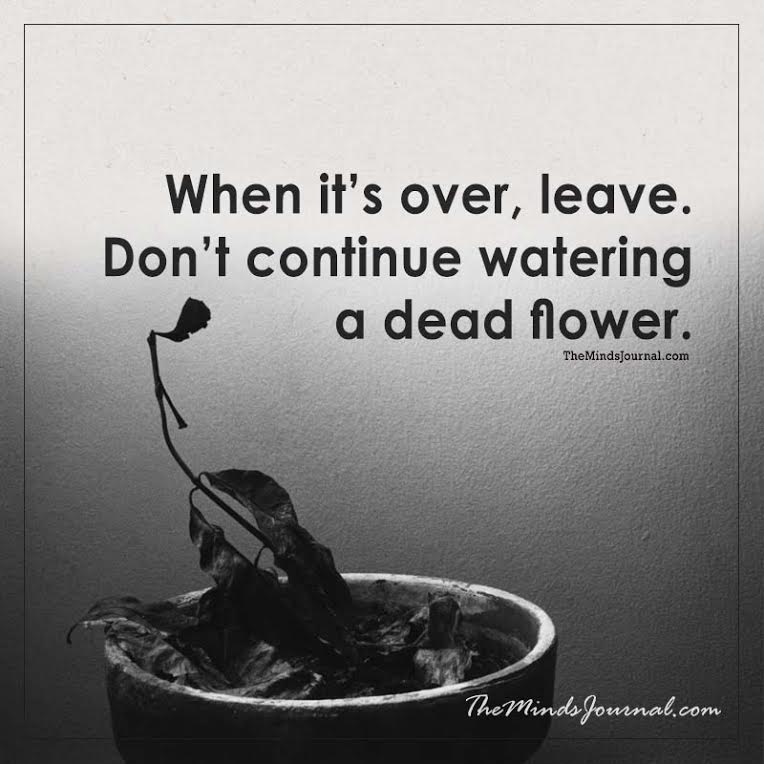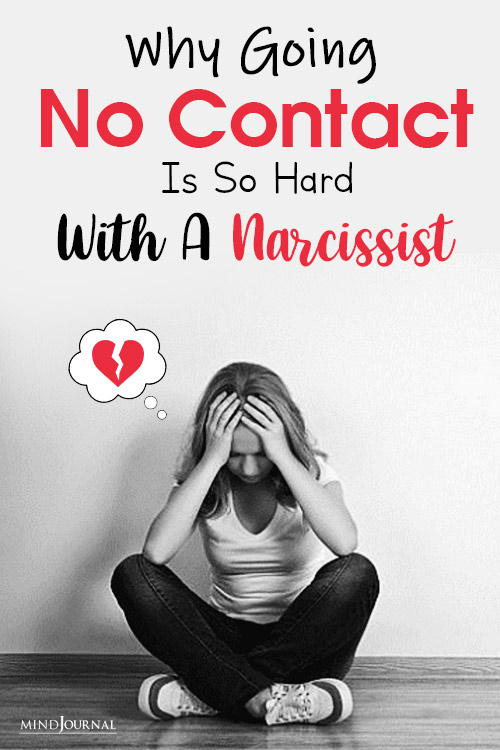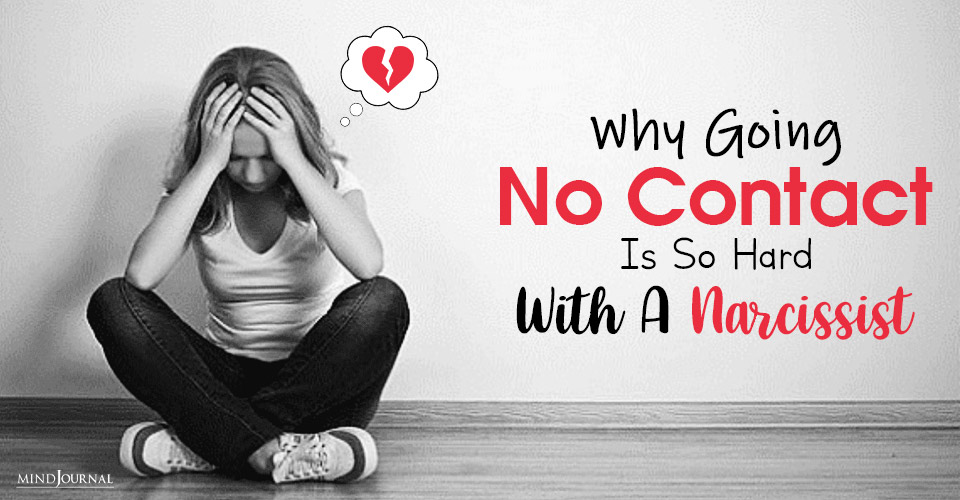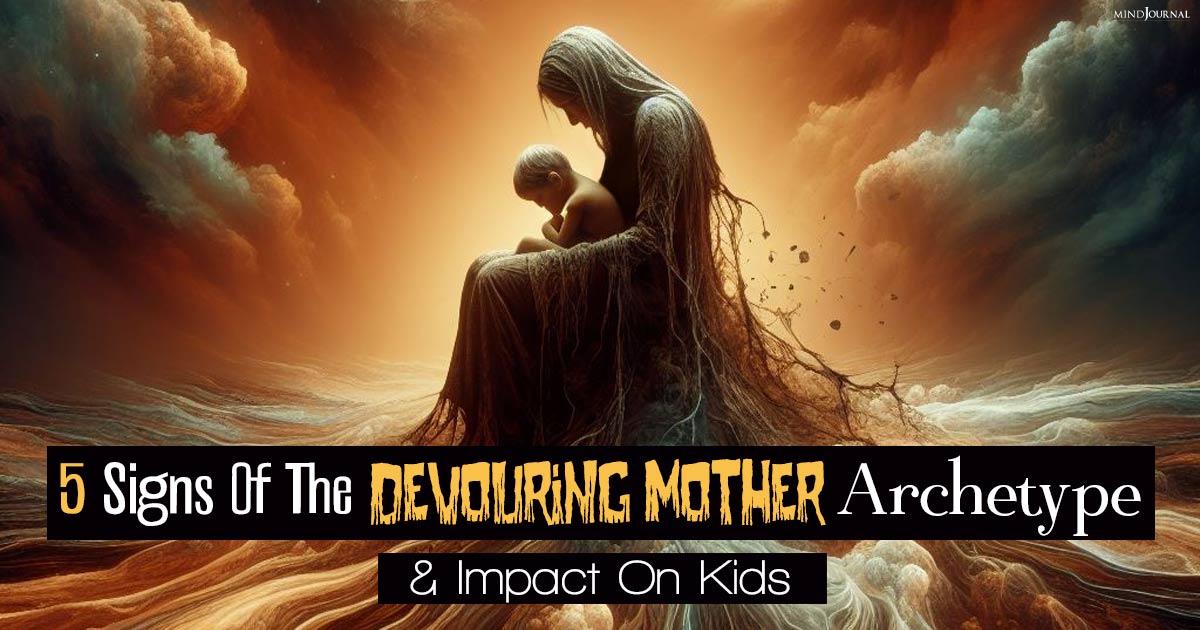No contact rule is a perfect strategy to cut ties with a narcissist. Narcissists are very capable of manipulating you to get back to being their doormat using every way possible, also you will go through an emotional roller coaster after being in no contact with them. But it’s absolutely necessary to not let those emotions take you down on the road to recovery. Be firm, and do not let any ‘in-betweens’ come your way. This too shall pass.
“No Contact doesn’t mean No Contact except for x, y, and z. By No Contact, I mean NO — zero, nada, zilch — Contact. To use Freshmen Orientation parlance: No means no.” – Shrink4Men.com
Why Is It So Hard To Go No Contact With A Narcissist?
So, you’re considering going “no contact” with your narcissist. And, you’re on your way to finally taking back your life. But, are you ready to leave? Have you already left, or are you still trying to decide what to do?
Since you’re here, reading this information, chances are that you’ve already figured out that you’re in a relationship with a toxic narcissist and that you at least need to consider going the “no contact” route, if you ever want to be happy again.
But, as I’m assuming you know, that’s a whole lot easier said than done, especially when the person in question is a close friend, family member, or significant other. And, if you’re honest, what you REALLY want to know is exactly what is causing you to want the narcissist still when they were so terrible and abusive to you, right?
In any case, you need to know something important: it’s not your fault that you feel so drawn to your abuser. Not technically, anyway. Walking away from a narcissist is going to take more than willpower. Let me explain.
Read: 5 Good Reasons To Leave a Narcissist
What Does It Mean To Go ‘No Contact’ With A Narcissist?
If you’re not aware of what “no-contact” means in reference to narcissistic relationships, let’s start by defining it.
The No Contact Rule, Defined

Simply put, the “no contact” rule is enacted when you end ALL contact with a pathological narcissist or toxic person. This includes but isn’t limited to the following.
- Stop taking the narcissist’s phone calls.
- Block them on all social media networks.
- Do not schedule or encourage visits with the narcissist.
- Stop seeing, speaking to, or in any way interacting with them.
It’s not rocket science. Then why is it so difficult to enact and then to stick to the no contact rule?
Toxic Love Addiction: The Main Reason Why Going No Contact is So Hard
Do you know how I wrote a book entitled Your Love is My Drug? There’s a scientific basis for the title: Researchers say that romantic love is an addiction. As in, it affects the brain just like a drug.
Logically, you know you shouldn’t do things that are bad for you – like drugs. And toxic people who are bad for our lives – we all know we need to get/stay away. But, unfortunately, it’s just not always so easy.
Romantic Love Stimulates The Same Area Of The Brain As Addiction.
According to researchers, we’re biologically predisposed to this kind of behavior. See, there’s an evolutionary spin here – the loss of a potential baby-making mate would be bad for us as a species. On top of that, humans are hard-wired to develop bonds with other humans – another survival urge. Of course, in unhealthy relationships, this leads to trauma bonding.
Add together your biological need to bond and the need to keep your mate (or to feel great distress in the loss of them), and what do you have?
Narcissistic Abuse Leads To Dysfunction And Codependence.
It affects you like a drug, your relationship with this toxic person. And when you’re not getting the sweet poison, you might miss it. A lot like a crack addict might miss his fix. When you think of it like that, you must see that you’re not the problem here.
You must see that only you can create change in your life and that only you can take the steps you need to take to take back your life. You deserve to be happy. Don’t forget that.
Read: Codependency in Toxic Relationships: Symptoms, Signs and How To Recover
How Do You Stop Being Addicted To The Narcissist?
These researchers are helping us to connect some pretty amazing stuff if you ask me. Stopping your addiction will be a process that is as complicated and difficult as trying to stop any other addiction, plus you’ll be launching a whole new “normal” in your life by ending a relationship in the process.
It’s not going to be easy. But I promise it’s worth the effort, and you most definitely will not regret it when you are finally living in peace and tasting freedom from the toxicity you deal with when you’re connected to the narcissist in your life.
The process might involve therapy and/or working with a coach. You might choose to go it your own. Maybe you’ve got a friend or family member who understands and wants to help. But if you don’t, you wouldn’t be alone.
Written By:ANGIE ATKINSON Originally Appeared On: Queenbeeing.com Republished with permission.









Leave a Reply
You must be logged in to post a comment.